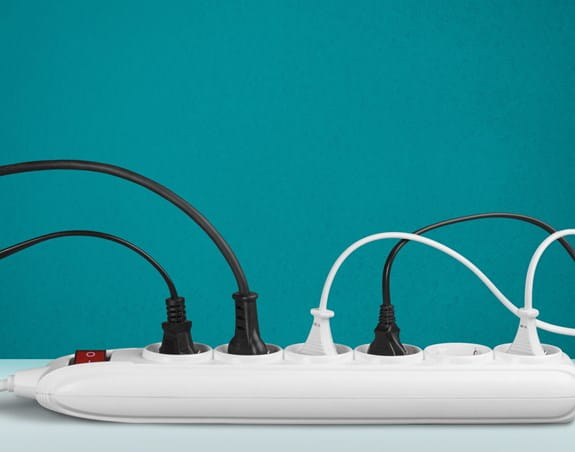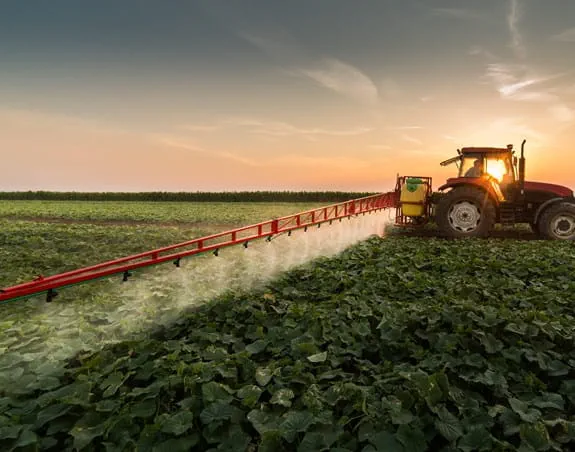Other

BPA
Bisphenol A (also called BPA) is used to make:
- polycarbonate plastics (plastics that are usually very hard and clear, such as reusable water bottles and children’s sippy cups)
- the resins that line food cans
- some dental materials, such as sealants or composite fillings, which contain low amounts of BPA derivatives (BPA is only present in saliva for up to 3 hours after a dental procedure that uses sealants or composite fillings)

Many plastics have a recycling code from 1 to 7 on them, usually at the bottom of the container. Polycarbonate plastics are labelled with a recycling code 7 and may contain BPA.
We do not know if exposure to bisphenol A increases your risk of cancer or affects your health in other ways.
The International Agency for Research on Cancer (IARC) reviewed the evidence and wasn’t able to be sure about whether BPA does or does not cause cancer in humans.
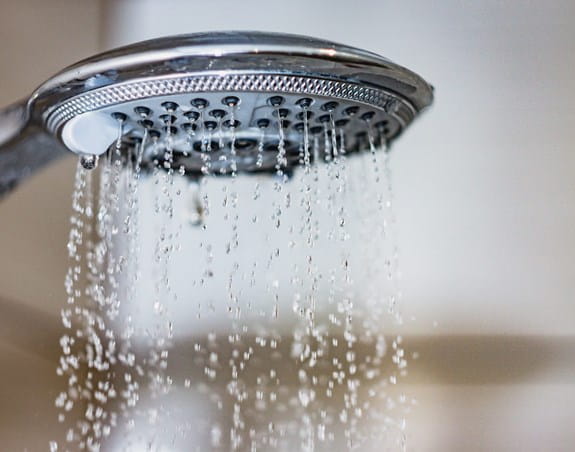
Chlorination by-products

These illnesses include cholera, giardiasis and sickness caused by the bacteria Escherichia coli (E.coli). E.coli can cause diarrhea, abdominal cramps and sometimes more serious illness.
When chlorine mixes with organic matter (such as dead leaves and soil), it forms new chemicals that remain in the water. These are called chlorination by-products.
The International Agency for Research on Cancer (IARC) classifies some chlorination by-products as possible causes of cancer, specifically bladder cancer.
Increasing your distance from the source of the EMF will weaken the strength of the field.
The International Agency for Research on Cancer (IARC) classifies some types of EMFs as possible causes of cancer, particularly for childhood leukemia. However, experts agree that there may be other explanations for the potential link between exposure to EMFs and childhood leukemia.
Researchers continue to study the relationship between electromagnetic fields and cancer risk. To date, they haven’t found a definite relationship between exposure to EMF (at levels normally found at work, home or in the environment) and an increased risk of most cancers in adults or children.
Learn more about electromagnetic fields from power lines and electrical appliances.
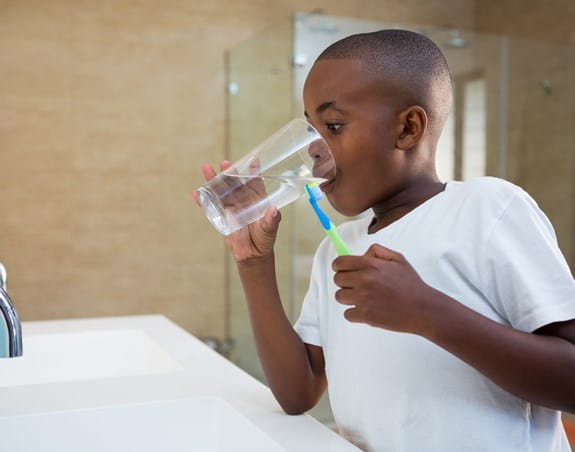
Fluoride

Decades of research have shown that adding fluoride to water (this is called fluoridation) helps prevent tooth decay. In some communities, natural levels of fluoride in the water supply match the ideal level to prevent tooth decay. In many others, the level of fluoride is too low and it has to be added to the water supply.
Studies by Health Canada, the US Food and Drug Administration, and independent academic investigators haven’t shown a link between water fluoridation and cancer. But a small and very weak body of evidence suggests there is a relationship between exposure to high levels of fluoride in drinking water and osteosarcoma (a rare type of bone cancer) in boys younger than 19.
There are also a small number of studies showing that rats and mice exposed to very high levels of fluoride (100 to 200 times the recommended level in Canada) may have a higher risk of developing osteosarcoma. The evidence in these studies is uncertain and has not been confirmed in further studies.
Based on current evidence, CCS believes it is unlikely that adding fluoride to water raises the risk of cancer, including osteosarcoma, in humans. At the same time, we know that there are many benefits to water fluoridation, especially for people who have less access to dental care. We will continue to watch this area of research and update our information as we learn more.
Non-stick cookware

Some studies show that heating non-stick coatings to 300°C (572°F) can create fumes containing tetrafluoroethylene (TFE). The International Agency for Research on Cancer (IARC) classifies TFE as a probable cause of cancer, and the National Toxicology Program (NTP) classifies TFE as “reasonably anticipated to be a human carcinogen.”
Perfluorooctanoic acid (PFOA), is a chemical used in the manufacturing process of non-stick cookware. Based on limited human and animal studies, IARC classifies PFOA as a possible cause of cancer. Research on TFE and PFOA is ongoing.
Though non-stick coating can sometimes flake off into your food, there is no evidence that eating these small quantities is harmful.
Pesticides are also used to make lawns, gardens and other green spaces look better. We call this use cosmetic because it’s not needed for health and safety.
Much of the evidence on the health risk of pesticides comes from studies that examine cancer risk among workers who use pesticides as part of their job. The International Agency for Research on Cancer (IARC) classifies a small number of pesticides as known carcinogens and a few others as possible carcinogens. Many of these pesticides are no longer used in Canada.
For most pesticides studied, research does not show a definite link with human cancer, but it does suggest a possible connection with a number of cancers such as non-Hodgkin lymphoma, multiple myeloma, chronic lymphocytic leukemia, and prostate, testicular, pancreatic, lung and non-melanoma skin cancers. Studies of pesticides and childhood cancer show a possible connection with leukemia and non-Hodgkin lymphoma.
Read about our perspective on the cosmetic and non-cosmetic use of pesticides.
Learn more about guidelines for using pesticides around your home.
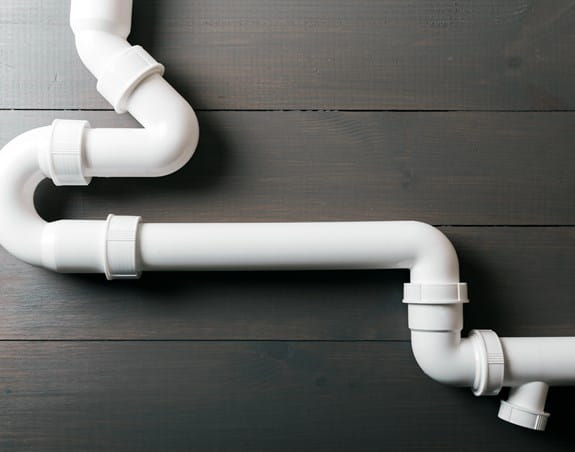
Phthalates
Phthalates are a group of chemicals that can make products (usually plastics) softer and more flexible. They are sometimes called plasticizers, but many other chemicals are also called plasticizers.
Phthalates are used in a range of products, including:
- polyvinyl chloride (PVC) plastic, which is a type of plastic used in products such as shower curtains
- medical plastics, such as PVC IV bags and tubes
- children’s toys and supplies
- cosmetics, such as nail polish and perfumes

You can be exposed to phthalates by using products that have them. Phthalates aren’t chemically connected with the plastic products that contain them, which means they can leach out of the products.
The average Canadian is exposed to fairly low levels of phthalates. People can be exposed to higher levels of phthalates during medical procedures if the medical tubing and other devices are made with PVC plastics. Children can be exposed to phthalates by sucking on toys made of plastics that contain phthalates.
The International Agency for Research on Cancer (IARC) classifies one type of phthalate, diethylhexyl phthalate (DEHP), as a possible cause of cancer. The National Toxicology Program (NTP) says that DEHP “is reasonably anticipated to be a human carcinogen.”
Another phthalate, diisononyl phthalate (DINP) has been linked to cancer in rats and mice. The California Office of Environmental Health Hazard Assessment includes DINP on their list of chemicals known to cause cancer. IARC and NTP have not classified DINP as a carcinogen.

PBDEs
Polybrominated diphenyl ethers (PBDEs) are a type of flame retardant. Flame retardants are chemicals that slow the spread of fire. They are used to save lives and reduce the damage that fire causes.
PBDEs are found in many everyday items such as:
- materials used in buildings and cars
- carpet underlay
- furniture foam
- electronic equipment

PBDEs may be part of the product itself (for example, the foam used in furniture) or sprayed on the finished product (for example on upholstery fabric). PBDEs also get into the air during the manufacturing process.
Right now there is not enough evidence to say for sure that PBDEs increase the risk of cancer in people.
The International Agency for Research on Cancer (IARC) has reviewed the evidence for one type of PBDE (deca-BDE) and wasn’t able to say for sure whether exposure to this specific PBDE causes cancer in humans. Based on studies done in rats and mice, the Environmental Protection Agency has classified deca-BDE as “suggestive of carcinogenic potential."
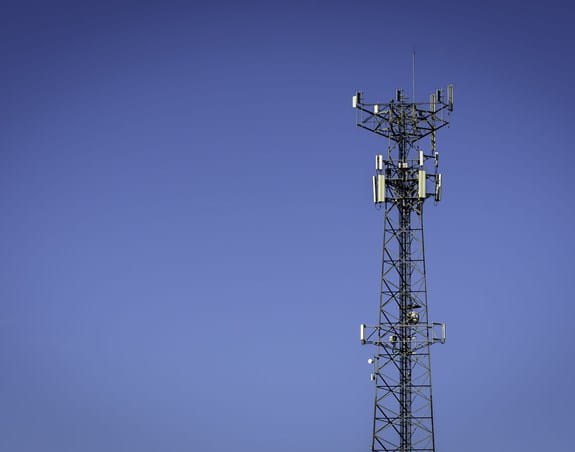
Radiofrequency fields
Radiofrequency fields are a type of non-ionizing radiation (energy) used by cellphones and cellphone towers, radio and TV broadcasts, satellites and wireless Internet (WiFi) to transmit and receive information. Microwave ovens and radars also use radiofrequency energy. Many of the things we do in our daily life expose us to radiofrequency fields. You’re exposed whenever you use your cellphone, heat something in the microwave, watch TV, surf the net in a coffee shop or drive through an area of cellphone towers. The strength of a radiofrequency field is highest close to its source, and it gets weaker as you get further away.

Cellphones are often held next to the body and represent the greatest exposure. The number of cellphone users in Canada and around the world has grown a lot in recent years. Many people have questions about how safe they are.
The International Agency for Research on Cancer (IARC) classifies radiofrequency fields (including those from cellphones) as a possible cause of cancer. Different studies show different results, and more research is needed to be sure.
Children and cellphones
There isn’t very much research on cellphone use and health effects on children, whose bodies are still developing.
Cellphone towers
Current evidence doesn’t show any short-term or long-term health effects from the signals produced by cellphone towers. However, ongoing research is still looking at the relationship between cancer and radiofrequency exposure from all sources.
Learn more about the safety of cellphones and cellphone towers.

